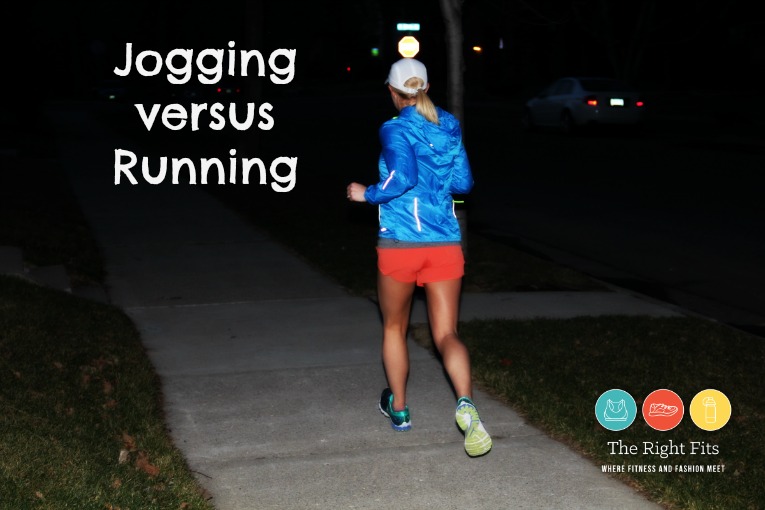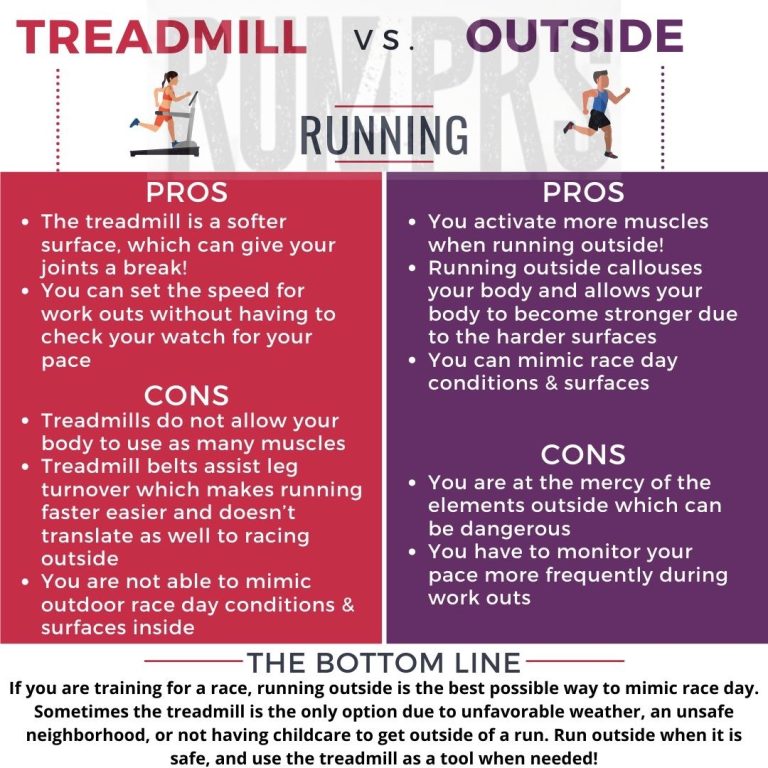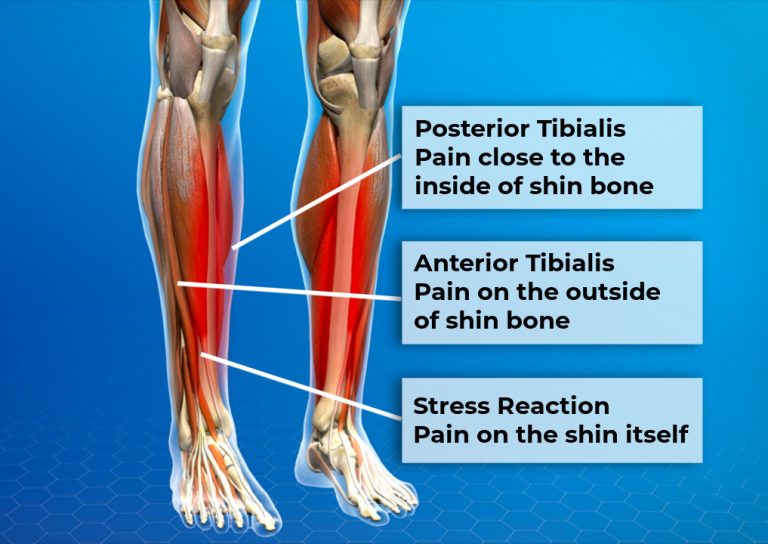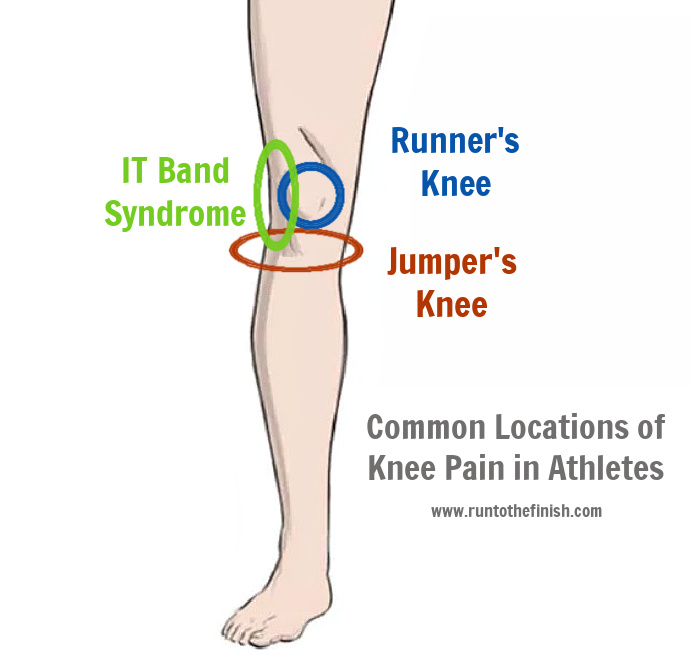Jogger Vs Runner
Joggers typically run at a slower pace than runners. Joggers focus on consistent, long-duration cardio exercise to improve fitness levels.
Running, on the other hand, involves faster paces with a more competitive or goal-oriented approach. The distinction between jogging and running lies in the intensity and speed at which the activity is performed. Both activities have their health benefits, and choosing between jogging and running depends on individual fitness goals and preferences.
Whether you prefer a leisurely jog in the park or a challenging run in a race, incorporating either activity into your routine can contribute to a healthy and active lifestyle.
Differences In Terminology
When it comes to the terminology of jogging and running, there are distinct differences that go beyond just speed or distance. Let’s explore the definitions and perceptions of these terms to understand the nuances between a jogger and a runner.
Jogger Vs Runner: Definitions
Jogging is often described as a form of running at a slow, leisurely pace. It is commonly associated with a relaxed and steady rhythm, making it suitable for individuals looking for low-impact cardio exercise. On the other hand, running is characterized by a swifter, more intense pace, typically used in competitive sports or for vigorous workouts.
Perception Of Jogging Vs Running
The perception of jogging versus running often varies among individuals and can be influenced by personal goals, fitness levels, and the intention behind the activity. For some, the term jogger may carry a connotation of casual fitness or recreational running, while the term runner can imply a more dedicated and intense pursuit of athletic achievement.

Credit: barefoot-monologues.com
Intensity And Speed
Intensity and Speed: The difference between jogging and running lies in the pace and speed. Let’s delve into how each activity differs in terms of intensity and quickness.
Pace And Speed Of Jogging:
Pace: Jogging involves a slower pace than running, typically between 4-6 mph.
Speed: Joggers maintain a comfortable speed, focusing on endurance rather than sprinting.
Pace And Speed Of Running:
Pace: Runners move at a faster pace, usually exceeding 6 mph, with variations based on skill level.
Speed: Running involves pushing one’s limits, incorporating intervals and sprints for speed improvement.
Motivations And Goals
Understanding the motivations and goals behind jogging and running can help individuals channel their efforts effectively towards achieving their desired outcomes. Let’s explore the driving forces behind these two popular forms of physical activity.
Motivations For Jogging
Jogging is often pursued for its accessibility and simplicity. It enables individuals to improve their cardiovascular health and boost stamina while being gentle on the joints. Most joggers seek basic exercise and stress relief on a regular basis.
Motivations For Running
Runners are motivated by the desire to challenge themselves physically and mentally. The exhilaration of pushing one’s limits and participating in races often serves as a primary motivator for runners. They aim for endurance and speed improvements.
Goal-oriented Jogging
Goal-oriented joggers often focus on completing a set distance or duration to progressively build their fitness levels. They may aim for weight loss, stress management, or overall well-being through consistent jogging routines.
Goal-oriented Running
Runners with specific goals strive to beat personal records, participate in marathons, or attain specific fitness milestones. Their training is structured around achieving these objectives by monitoring pace, distance, and performance.
Health Benefits
When it comes to fitness, jogging and running are two popular forms of exercise that offer various health benefits. Both activities help to improve cardiovascular health, build endurance, and contribute to overall well-being. Let’s dive into the specific health benefits of jogging and running, both physically and mentally.
Physical Health Benefits Of Jogging
Jogging at a moderate pace can effectively improve cardiovascular health by increasing heart rate and circulation. This form of exercise also helps in burning calories, aiding in weight management, and enhancing overall physical endurance and stamina.
- Improves cardiovascular health
- Aids in weight management
- Enhances physical endurance
Physical Health Benefits Of Running
Running, which involves a faster pace and higher intensity than jogging, similarly improves cardiovascular health while also promoting stronger bone density and muscular strength. It is also effective for burning a greater number of calories, contributing to better weight management, and enhancing overall physical performance.
- Promotes strong bone density
- Enhances muscular strength
- Improves physical performance
Mental Health Benefits Of Jogging
Jogging not only contributes to physical well-being but also offers mental health benefits such as reducing stress, improving mood, and boosting mental clarity and focus. This low-impact exercise provides a peaceful and reflective environment, aiding in stress reduction and mental relaxation.
- Reduces stress
- Improves mood
- Boosts mental clarity and focus
Mental Health Benefits Of Running
Running, with its higher intensity and endorphin release, offers mental health benefits by reducing anxiety, boosting self-esteem, and providing a sense of accomplishment. The improved mental focus and clarity experienced during running can aid in stress relief and contribute to a positive mental state.
- Reduces anxiety
- Boosts self-esteem
- Provides a sense of accomplishment
Choosing Between Jogging And Running
Choosing between jogging and running can be a tough decision for fitness enthusiasts. While joggers prefer a slower, steady pace, runners opt for a faster, more intense workout. Both activities have their own benefits, so it ultimately comes down to personal preference and goals.
In the realm of fitness, individuals often debate whether jogging or running is the superior exercise. While both activities offer remarkable health benefits, it is vital to select the one that aligns with your goals, capabilities, and preferences. With factors ranging from intensity to impact on joints, making an informed decision becomes imperative. Continue reading to explore the factors you should consider when choosing between jogging and running.
Factors To Consider
When deciding between jogging and running, several critical factors deserve your attention:
- Progression: Consider your current fitness level and long-term goals. Jogging could be a suitable starting point if you are new to running or have limited endurance. For those seeking more intensity and rapid improvement, running may be the preferred choice.
- Impact on Joints: The impact on joints is an important consideration, especially for individuals with joint-related concerns. Jogging is generally gentler on the joints due to lower intensity and reduced forces exerted while running. If you have joint issues, jogging can be a worthwhile option to minimize potential strain.
- Time Commitment: Evaluate the time you can allocate to your exercise routine. Jogging typically requires less training time, making it more feasible for those with busy schedules. Running, on the other hand, demands longer periods of moderate-to-high intensity workouts for optimal results.
- Caloric Burn: If weight loss or calorie burning is one of your primary objectives, running tends to yield higher energy expenditure compared to jogging. Running at a faster pace and covering more distance indirectly raises the total number of calories burned.
- Intensity: The level of intensity is a crucial factor to consider. Jogging is characterized by a moderate intensity level, allowing you to maintain a conversation while exercising. Running, however, typically involves a higher level of intensity, where talking may become more challenging.
- Preexisting Conditions: Take into account any preexisting medical conditions or injuries that could impact your exercise routine. Jogging’s lower impact nature may be more suitable for individuals recovering from injuries or with certain health conditions.
- Enjoyment: Finally, consider which activity brings you more joy and satisfaction. The more you enjoy your chosen exercise, the more likely you are to remain consistent and committed in the long run.
By analyzing these factors and reflecting on your personal circumstances, you can make an informed decision on whether jogging or running best suits your needs. Both activities offer an array of benefits and contribute to improved fitness and overall well-being.

Credit: iowacitybacktalk.wordpress.com

Credit: www.therightfits.com
Frequently Asked Questions On Jogger Vs Runner
Can Jogging Or Running Help With Weight Loss?
Yes, both jogging and running are effective forms of exercise that can aid in weight loss by burning calories and increasing metabolism.
What Is The Difference Between Jogging And Running?
The main difference is the pace at which they are done. Jogging is slower and more relaxed, while running is faster and requires more effort.
Are There Any Health Benefits To Jogging Or Running?
Absolutely! Both jogging and running have numerous health benefits, including improved cardiovascular fitness, stronger muscles and bones, stress relief, and a boost in mental well-being.
Conclusion
Whether you identify as a jogger or a runner, both activities offer valuable benefits for physical and mental well-being. The key is to find an approach that aligns with your individual fitness goals and personal preferences. By understanding the distinctions and similarities between the two, you can make an informed decision about which activity suits you best.
Embrace the joy of movement and choose what works for you.







